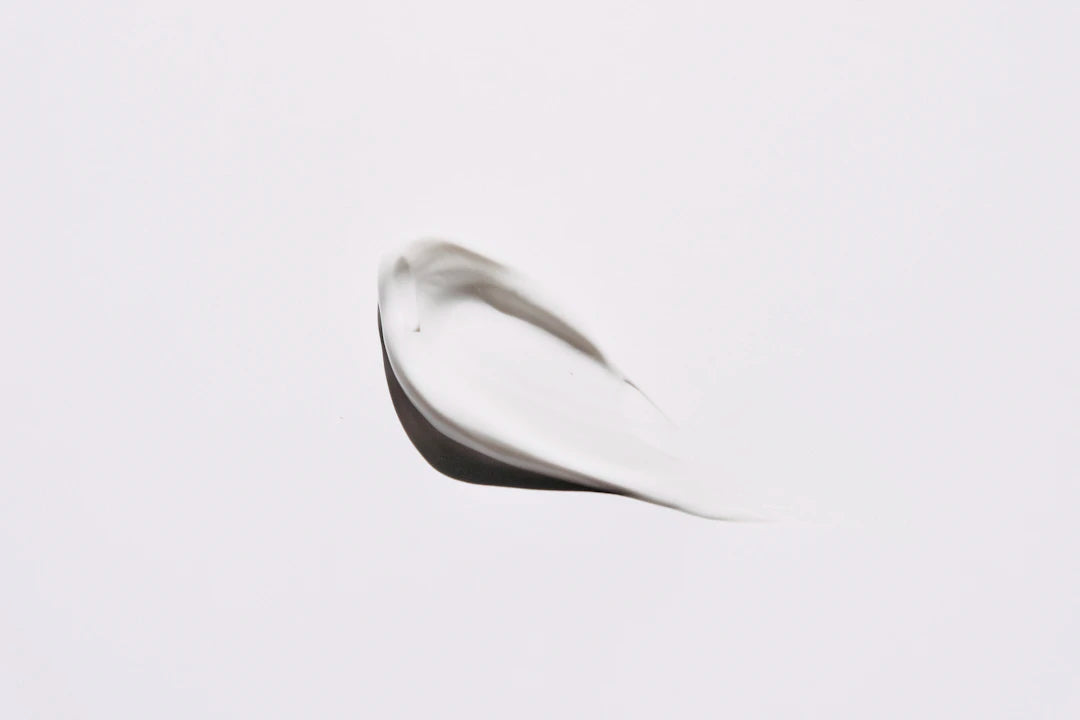Stress and Your Skin: Tips for a Radiant Complexion

Frequently Asked Questions
1. How does stress affect skin health?
2. What are some effective skin care strategies during stressful times?
3. What stress-relieving practices can help improve skin health?
4. How can I customize my skin care routine when I'm stressed?
5. Why is self-care important for skin health?
In our fast-paced world, stress has become an everyday companion for many people. From work pressures to personal challenges, stress often creeps into our lives unnoticed, manifesting itself in various ways—particularly on our skin. If you’ve noticed changes in your complexion during particularly stressful times, you’re not alone. Understanding how stress affects your skin can empower you to take better care of yourself and incorporate effective strategies into your skin care routine. This article will explore the connection between stress and skin health and provide tips on how to achieve that glowing, healthy look you deserve.
The Link Between Stress and Skin Health
Stress can have a profound impact on your skin, triggering a range of issues that might leave you feeling less than beautiful. The body’s response to stress can present itself in physical forms, and skin ailments are among the most common. Here are some of the ways stress can negatively affect your complexion:
Increased Hormones
When you encounter stress, your body releases hormones like cortisol and adrenaline. These hormones can lead to heightened oil production in the skin, resulting in breakouts and acne flare-ups. Furthermore, the inflammation caused by stress can exacerbate existing skin conditions such as eczema, rosacea, or psoriasis.
Dehydration
Under stress, your body can become dehydrated, leading to dry, dull, and lifeless skin. Since hydration plays a critical role in maintaining skin elasticity and barrier function, chronic stress can leave your skin looking tired and aged. Remember, a proper hydration regimen is essential for keeping your skin's moisture levels balanced.
Poor Sleep Quality
Stress often disrupts sleep patterns, leading to insufficient rest. Lack of sleep contributes to dark circles, puffiness, and an overall drained appearance. When your body doesn’t get enough restorative sleep, it has a harder time regenerating skin cells and repairing damage. Thus, a good night's sleep is fundamental to any effective skin care routine.
Unhealthy Habits
When under stress, individuals may indulge in unhealthy habits, such as binge eating junk food, smoking, or neglecting their skin care routine. These behaviors can lead to a vicious cycle, causing further skin concerns and decreased self-esteem. It’s crucial to be mindful during stressful periods to maintain healthy habits.
Your Ideal Skin Care Routine During Stress
The good news? You can improve your skin even during stressful times. By incorporating a thoughtful skin care routine that addresses not only your skin's needs but also your overall well-being, you can counteract some of the negative effects of stress. Here’s how to cultivate the perfect routine:
1. Cleanse Gently
Start with a gentle cleanser to remove dirt, oil, and impurities without stripping the skin of its natural moisture. Look for formulas that are sulfate-free and designed for your skin type to ensure you’re not exacerbating any existing skin issues.
2. Hydrate Effectively
Hydration is your skin’s best friend. Use a hydrating toner or essence to boost moisture. Consider including an “Everything Oil” in your skin care routine. This versatile product can help lock in moisture, soothe dry patches, and improve overall skin texture. Choose an oil that suits your skin type, whether it’s lightweight for oily skin or richer for dry skin.
3. Nourish with Serums
Incorporate serums rich in antioxidants, vitamins, and adaptogens. These powerful ingredients combat oxidative stress, promote skin healing, and reduce signs of inflammation. Look for serums containing vitamin C, hyaluronic acid, or niacinamide for maximum benefits.
4. Moisturize Daily
A good moisturizer is essential to maintain skin hydration. Opt for a formula tailored to your skin type to ensure it addresses your unique concerns. Regularly moisturizing can help soothe irritation, maintain skin elasticity, and keep your complexion looking fresh.
5. Sunscreen is Non-negotiable
You should never skip sunscreen—even on cloudy days. Protecting your skin from harmful UV rays is critical, as stress can make skin more sensitive. A broad-spectrum SPF will help prevent sun damage and reduce the risk of premature aging.
Stress-Relieving Practices for Skin Health
It’s essential to adopt practices that help reduce stress, as reducing your stress levels can have a direct positive impact on your skin. Here are some effective strategies to consider:
Meditation and Mindfulness
Taking time for mindfulness practices can help calm your mind and reduce stress levels. Implementing a daily meditation routine, even for just 10 minutes a day, can help elevate your mood and positively impact your skin.
Physical Activity
Exercise is a fantastic stress reliever. Whether it’s a brisk walk or a yoga class, staying active can improve your mood and increase blood circulation, which benefits your skin. Aim for at least 30 minutes of moderate exercise on most days.
Maintain Healthy Eating Habits
What you consume plays a crucial role in skin health. When stressed, try to opt for nutritious snacks such as fruits, vegetables, and nuts. Antioxidant-rich foods and hydration should be a priority. Consider herbal teas as a calming way to keep your body hydrated.
Stay Hydrated
Poor hydration can lead to dull, dry skin. Make it a habit to drink water throughout the day. Keeping your fluid intake consistent will not only benefit your skin but also improve your mood, reducing the overall impact of stress.
Prioritize Sleep
Establish a relaxing bedtime routine to ensure you get enough sleep each night. Avoid screens before bed and engage in calming activities, such as reading or listening to soft music. Your skin will thank you for it!
Customized Skin Care Strategies
Not every product works for everyone, especially during stressful times. It’s crucial to listen to your skin and tailor your skin care routine based on its current needs. Here are some additional tips:
Patch Test New Products
When trying out new products, especially under stress, always conduct a patch test first. This will ensure that your skin does not react negatively to any new formula before you incorporate it into your full routine.
Consult a Professional
If you notice severe or persistent skin issues related to stress, it may be time to consult a skincare professional. They can provide personalized recommendations and treatments to help restore your skin's health.
Build a Skin-Loving Community
Engaging with a community that supports your skin care journey can create a sense of accountability and motivation. Whether that’s through social media, support groups, or classes, share your experiences and learn from others to bolster your skin care routine.
Radiate Confidence with Self-Care
Taking control of your skin care routine and addressing stress is a powerful way to reclaim your confidence and well-being. By understanding the effects stress has on your skin, you can develop an intentional, nurturing approach to self-care. Your skin is a reflection of your overall health—nurture it with kindness and patience. Remember, it’s not just about looking good, it’s about feeling good too. Embrace this holistic approach to beauty, and you’ll find yourself glowing from the inside out.


